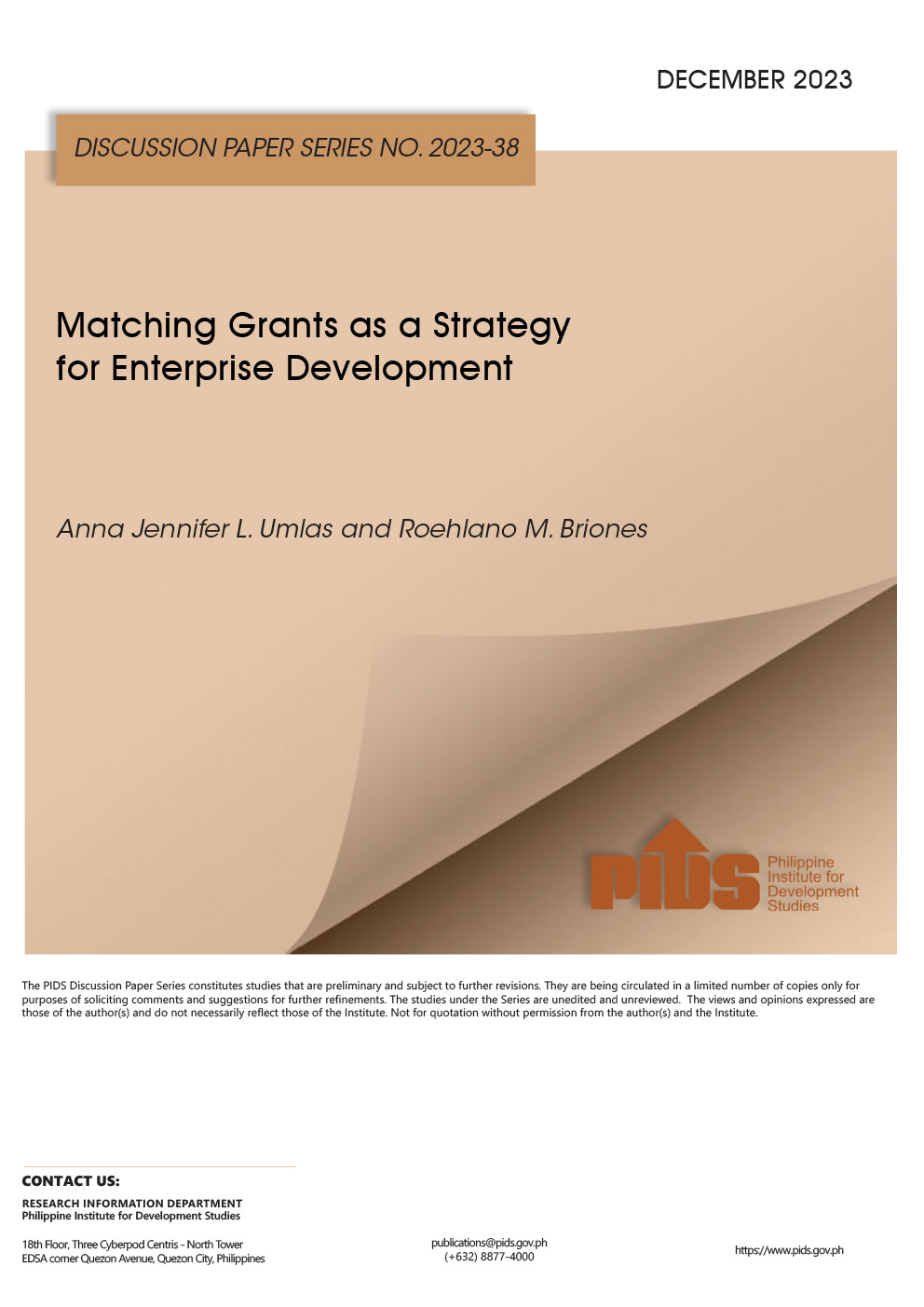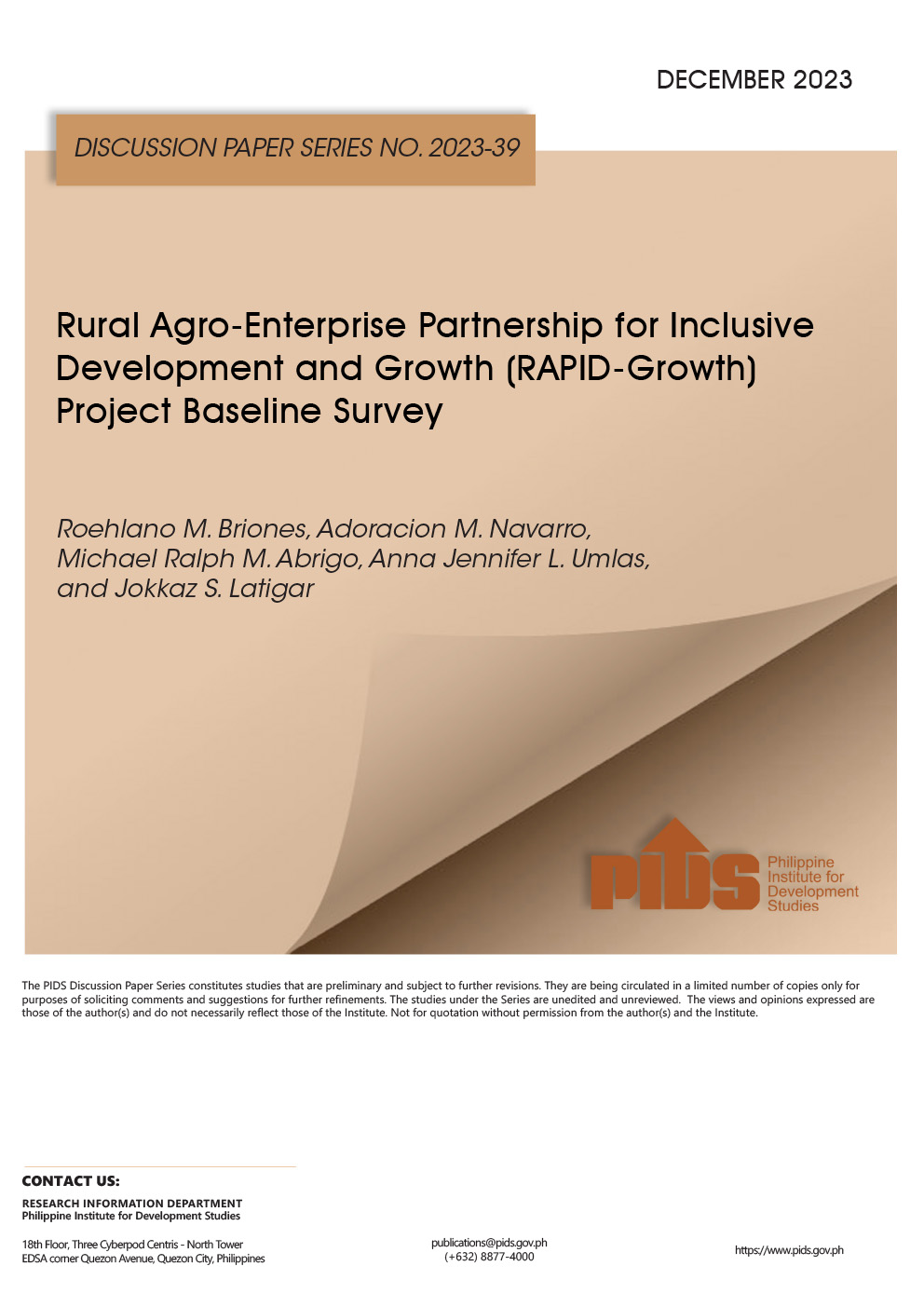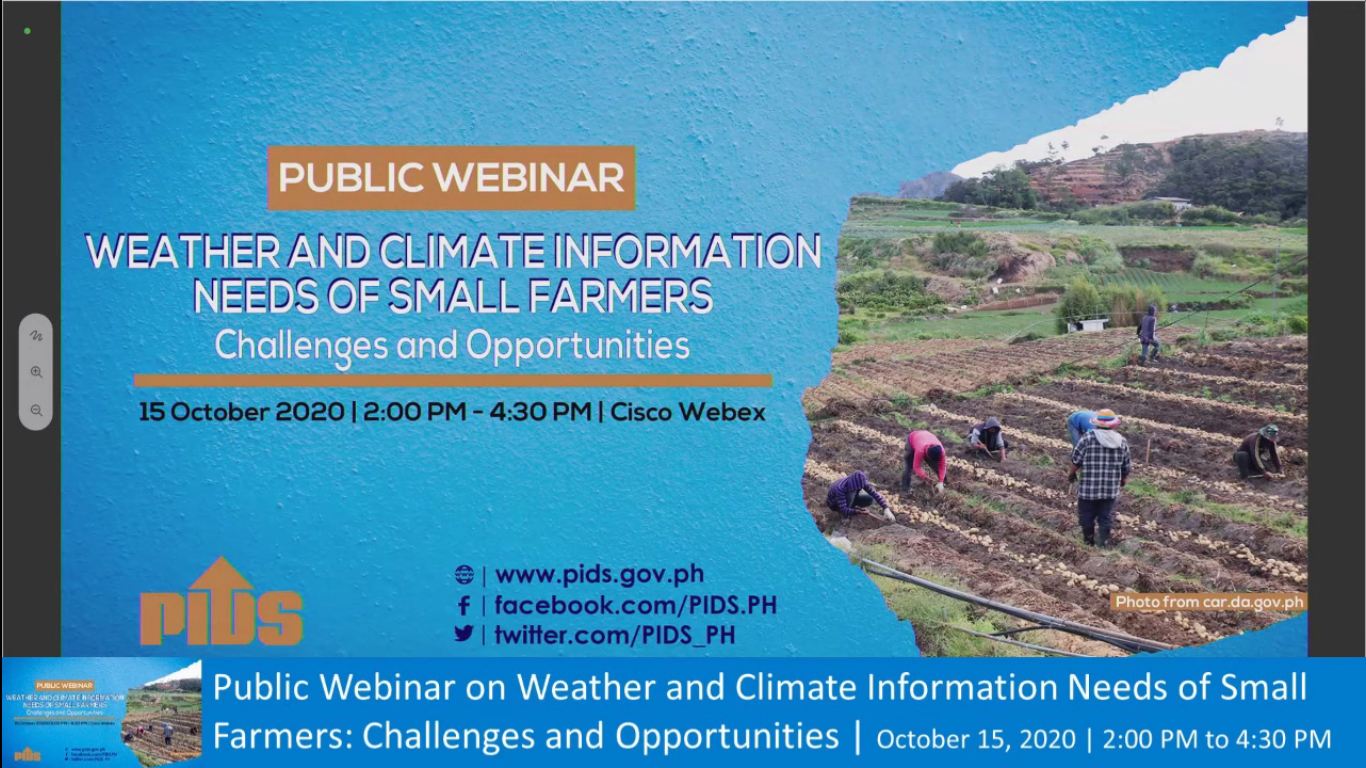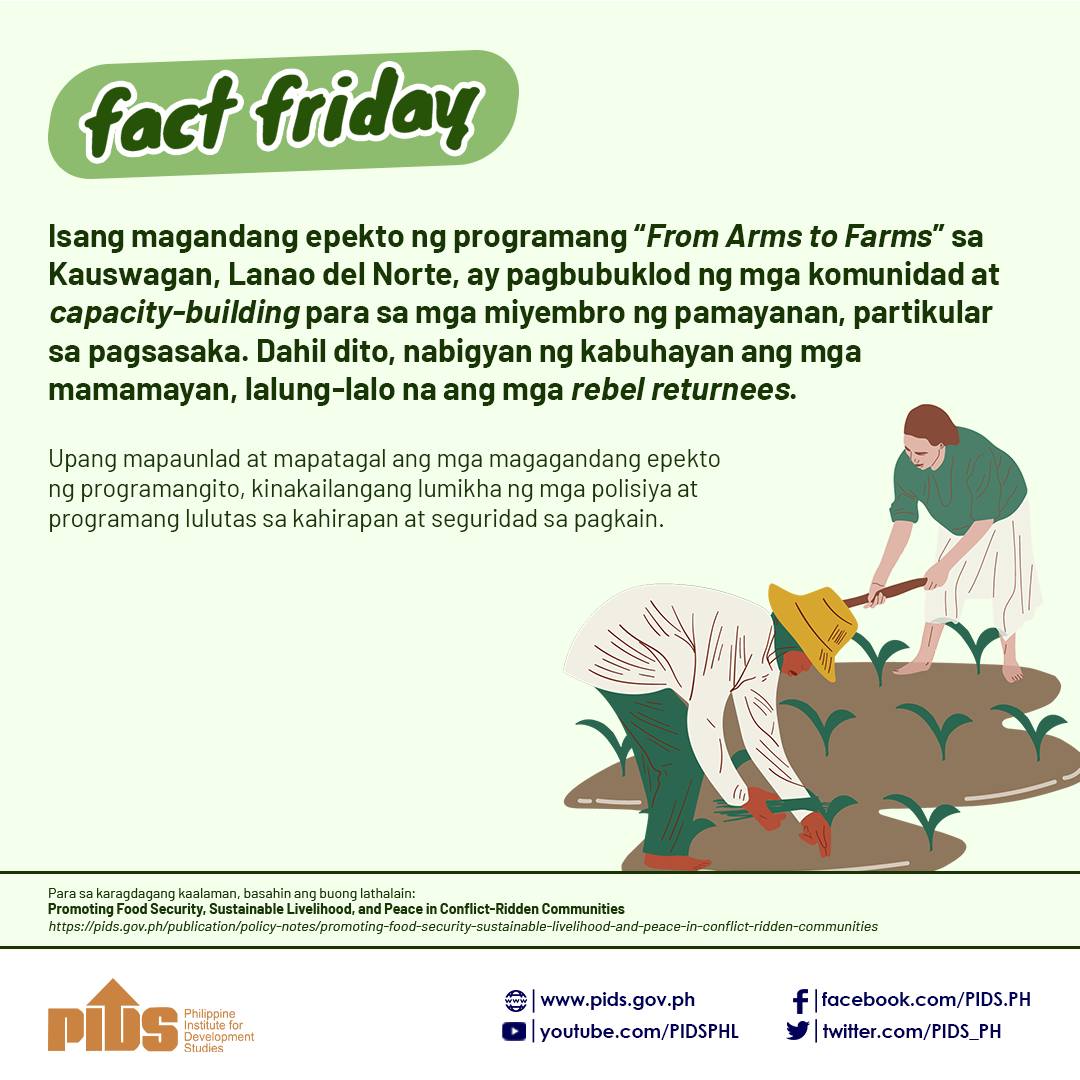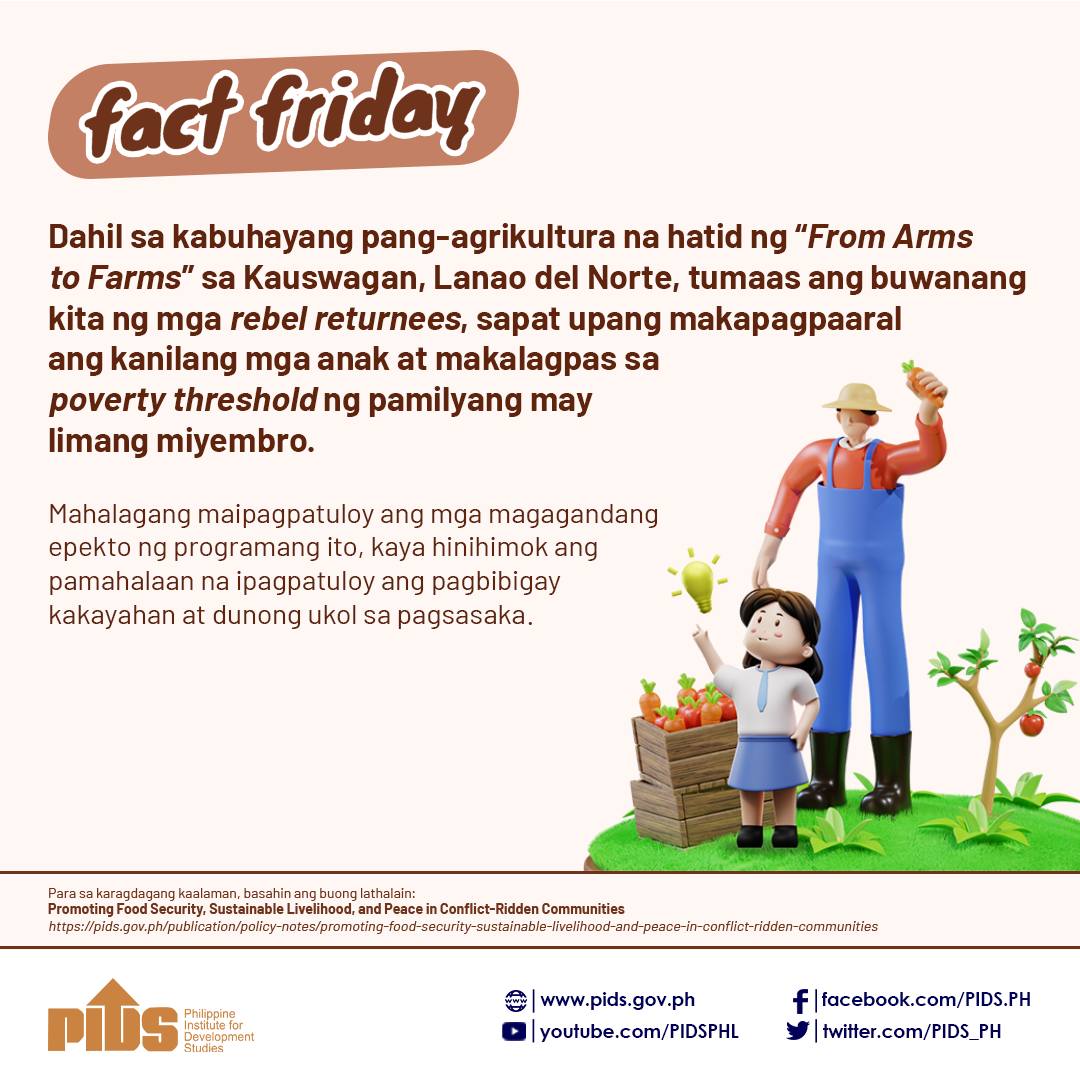Rice farmers should get at least P700 million from the P10 billion excess in the rice tariff collected this year, a senator insisted Wednesday.
Sen. Francis N. Pangilinan said the country’s rice farmers need cash assistance during the transition to a liberalized rice industry.
Pangilinan said the funds could be drawn from the P10 billion excess in the tariff collection.
He said the Department of Finance (DOF] has manifested during the budget hearings that it had collected P10.7 billion as of last Sept. 20.
“In other words, there is P700 million that could be allocated as cash assistance without need to amend the law,” Pangilinan said.
Sen. Cynthia A. Villar, chairperson of the Senate agriculture committee, agreed to Pangilinan’s proposal.
In his interpellation during the interpellation on Senate Joint Resolution 8 last Wednesday, Pangilinan cited the Briones and Tolin study of the Philippine Institute for Development Studies (PIDS) which recommended an annual P15,000 cash assistance to rice farmers during the transition period.
Immediate cash assistance is the gist of Pangilinan’s Senate Joint Resolution 2, which sought to amend the Rice Tariffication Law and allow a P13-billion immediate cash assistance directly to farmers.
During past hearings, farmers said they are forced to sell their palay (unhusked rice) for as low as P7 per kilo, due to an oversupply of imported rice in the local market.
Pangilinan, former food security secretary during the Aquino administration, has repeatedly called attention to the plight of rice farmers suffering the effects of the drop in the farmgate prices of palay.
Joint Resolution 8, which was discussed in a hearing on Oct. 1 and on the Senate floor, similarly wants to cushion farmers on the impact of the Rice Tariffication Law and the subsequent influx of imported rice.
It instructs the Department of Social Welfare and Development (DSWD) and the National Food Authority (NFA) in 11 provinces to buy directly from rice farmers for the October to December rice subsidy component of the Conditional Cash Transfer program. It also encourages LGUs to do the same for its various programs needing rice.
Villar pointed out that the recently passed Sagip Saka Law, authored by Pangilinan, has a key provision that allows national and local government agencies to directly buy produce from farmers and fisher folk and be exempted from the public bidding required under the Procurement Law.
In his interpellation during the interpellation on Senate Joint Resolution 8 last Wednesday, Pangilinan cited the Briones and Tolin study of the Philippine Institute for Development Studies (PIDS) which recommended an annual P15,000 cash assistance to rice farmers during the transition period.
Immediate cash assistance is the gist of Pangilinan’s Senate Joint Resolution 2, which sought to amend the Rice Tariffication Law and allow a P13-billion immediate cash assistance directly to farmers.
During past hearings, farmers said they are forced to sell their palay (unhusked rice) for as low as P7 per kilo, due to an oversupply of imported rice in the local market.
Pangilinan, former food security secretary during the Aquino administration, has repeatedly called attention to the plight of rice farmers suffering the effects of the drop in the farmgate prices of palay.
Joint Resolution 8, which was discussed in a hearing on Oct. 1 and on the Senate floor, similarly wants to cushion farmers on the impact of the Rice Tariffication Law and the subsequent influx of imported rice.
It instructs the Department of Social Welfare and Development (DSWD) and the National Food Authority (NFA) in 11 provinces to buy directly from rice farmers for the October to December rice subsidy component of the Conditional Cash Transfer program. It also encourages LGUs to do the same for its various programs needing rice.
Villar pointed out that the recently passed Sagip Saka Law, authored by Pangilinan, has a key provision that allows national and local government agencies to directly buy produce from farmers and fisher folk and be exempted from the public bidding required under the Procurement Law.

